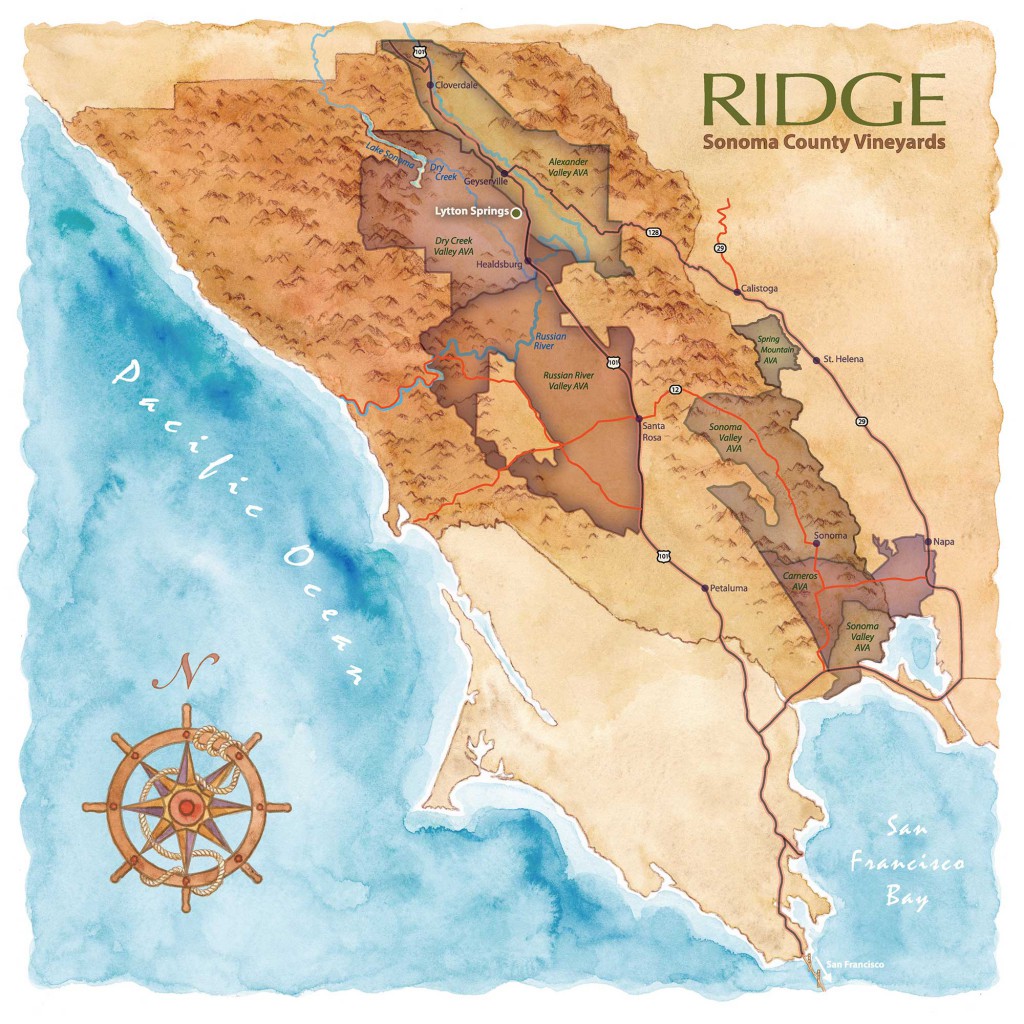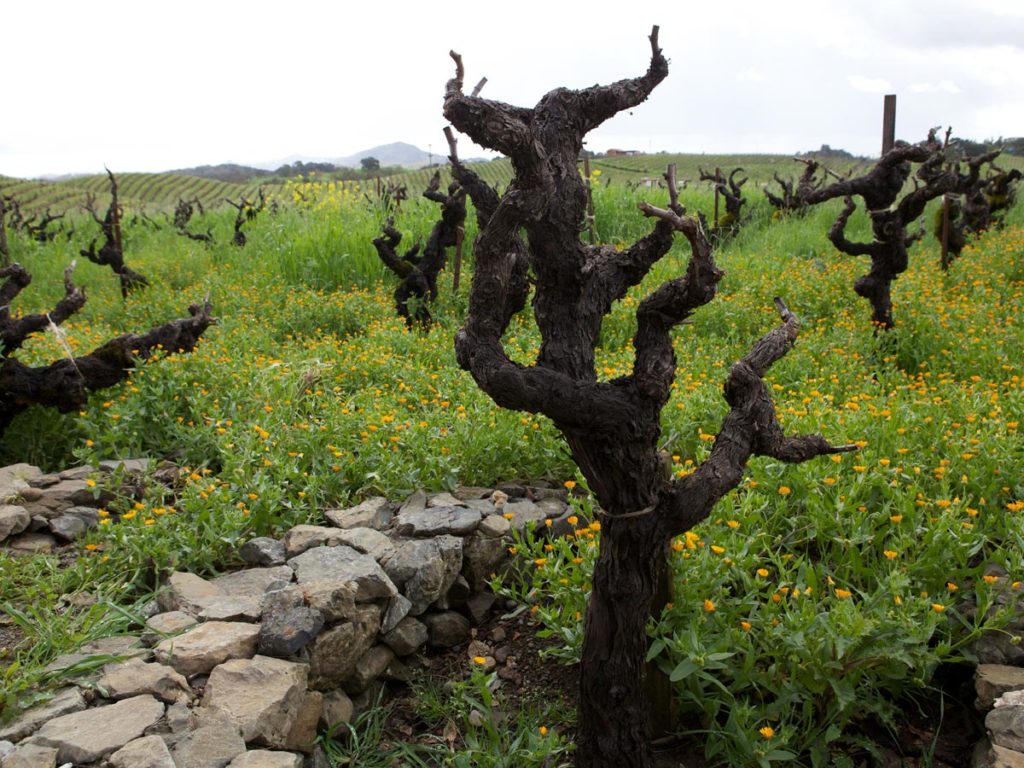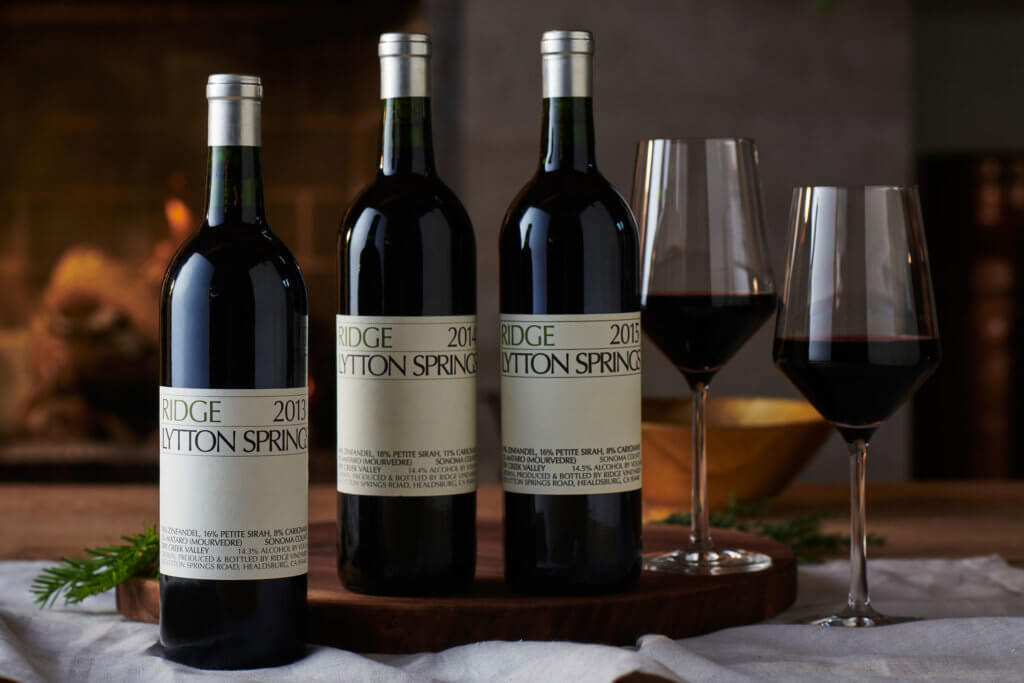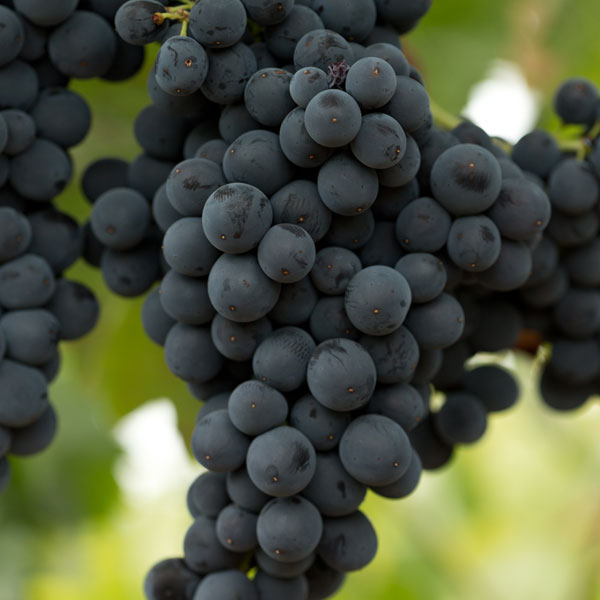Dry Creek Valley AVA
Blog Post
American Viticulture Areas (AVAs) are defined as agricultural regions that have distinct climate or geographic features that impact the way grapes are grown. There are 267 AVAs in the United States, and more than half (147) are in California.
At Ridge Vineyards, our winemaking style is dedicated to highlighting specific patches of ground. An AVA’s climate, soil types, and topography impart unique attributes and directly contribute to a wine’s character. Here, we explore the ways that characteristics of the Dry Creek Valley AVA are expressed in our wines.
Dry Creek Valley Climate & Geography
While the edges of the Dry Creek Valley AVA extend into the surrounding mountains, the vast majority of the appellation is dominated by the 13-mile-long narrow valley that extends north-by-northwest from the town of Healdsburg to the Warm Springs Dam at Lake Sonoma.

The valley lies 20 miles east of the Pacific Ocean, but the nearby coastal mountain range keeps cool marine influences at bay, allowing daily temperatures to run hot during the growing season. These same mountains also provide a conduit for the coastal cold air and fog to come in at night, dramatically dropping temperatures during the evening. Long, warm days allow the fruit to ripen fully, while coastal cooling in the evening enables the grapes to mature slowly and retain their acidity and balance. The valley floor is primarily gravelly and sandy loam. The soil on the surrounding benches and hills is composed of gravelly clay loam. This rocky soil drains exceptionally well, helping to stress the vines late in the growing season, concentrating varietal character. This combination of climate, geography, and soils is ideal for growing zinfandel and Rhône varietals.
Characteristics of Dry Creek Valley Wines
Zinfandel has been grown up and down the valley for well over 100 years, and the wines produced are recognized for their distinct quality. They are both bold and well-structured – due to the hot, dry growing days – with rich brambly fruit flavors and aromas, yet still retain balance and grace thanks to the cool evenings. Older vineyards, like our Lytton Springs vineyard, were often planted predominantly to Zinfandel and intermixed with a number of complimentary grape varieties like petite sirah, carignane, grenache, syrah, mataro, and alicante bouschet.



Our Dry Creek Valley Wines
Much of the organically farmed Lytton Springs Estate was planted at the start of the 20th century. The deep, well-drained, and fertile soil at Lytton Springs has allowed these bush-trained vines to mature and thrive despite their advanced age. Their vigor is significantly diminished compared to younger vines, which means greater concentration and complexity in the wines of Lytton Springs Estate. These wines include our flagship Lytton Springs, Syrah Grenache Mataro, Lytton Estate Syrah, and Lytton Estate Petite Sirah.
Wait!
In order to qualify for user related discounts, you must log in before proceeding with checkout. Click the button below to log in and receive these benefits, or close the window to continue.
Log In